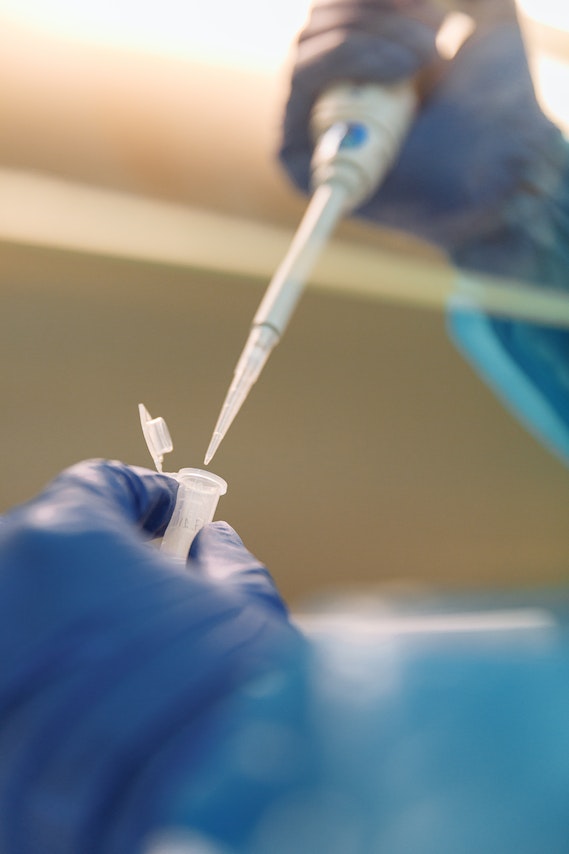Colorectal cancer (CRC) stands as a formidable challenge in the medical world. As the third most prevalent cancer type in the United States, its impact on public health is undeniable1. A crucial determinant of its prognosis, and thus its treatment trajectory, is the presence of lymph node metastasis (LNM). The current diagnostic methodologies, while advanced, still grapple with inconsistencies and inaccuracies. This scenario underscores the pressing need for innovative diagnostic techniques that can offer more precision and reliability. One such promising avenue is deep learning, a sophisticated subset of machine learning that has been making waves in various sectors, including healthcare.
The Promise of Deep Learning in Medical Diagnostics
Deep learning, with its ability to mimic the neural networks of the human brain, has shown immense potential in recognizing intricate patterns and making data-driven decisions. Its application in medical diagnostics, especially in the realm of oncology, has been a topic of fervent research and discussion. The primary question that researchers and medical professionals are grappling with is: Can deep learning truly revolutionize the way we diagnose and predict LNM in CRC?
 To address this question, a groundbreaking study on colorectal cancer was undertaken by Justin D. Krogue and his team of dedicated researchers. Their objective was ambitious yet clear-cut: to leverage the unparalleled capabilities of deep learning to predict LNM from primary tumor histology and a range of clinicopathologic factors in CRC.
To address this question, a groundbreaking study on colorectal cancer was undertaken by Justin D. Krogue and his team of dedicated researchers. Their objective was ambitious yet clear-cut: to leverage the unparalleled capabilities of deep learning to predict LNM from primary tumor histology and a range of clinicopathologic factors in CRC.
Challenges in Traditional Diagnostic Methods
Before delving into the specifics of the study, it’s essential to understand the inherent challenges that plague the traditional diagnostic methods for LNM in CRC. The process of surgically extracting lymph nodes is rife with variability. Post extraction, the time-consuming task of identifying nodes in surgical specimens presents another layer of complexity1. Even when these lymph nodes are successfully identified, the subsequent steps, including specimen processing and evaluation, can influence the detection of LNM. This multifaceted process, with its multiple potential points of error, emphasizes the urgent need for a streamlined, accurate, and consistent diagnostic method.
A Novel Approach to Colorectal Cancer Diagnostics
Krogue and his team embarked on their research journey with a well-defined strategy. They sourced a rich dataset comprising digitized histopathology slides of primary tissue and comprehensive clinicopathologic metadata from two globally recognized institutions: the Medical University of Graz and Stanford University1. This amalgamation of data provided a robust foundation for the development and validation of their deep learning model.
 The methodology adopted by the researchers was both innovative and intricate. They set out to create machine-learned features by clustering deep learning embeddings of minuscule patches of the tumor in CRC. In layman’s terms, they trained a machine to “learn” from these tiny tumor sections, enabling it to discern and recognize patterns. Once these machine-learned features were generated, they were integrated with established clinicopathologic variables, such as age, sex, tumor grade, and more. The goal was to create a comprehensive model that could predict the likelihood of LNM with heightened accuracy.
The methodology adopted by the researchers was both innovative and intricate. They set out to create machine-learned features by clustering deep learning embeddings of minuscule patches of the tumor in CRC. In layman’s terms, they trained a machine to “learn” from these tiny tumor sections, enabling it to discern and recognize patterns. Once these machine-learned features were generated, they were integrated with established clinicopathologic variables, such as age, sex, tumor grade, and more. The goal was to create a comprehensive model that could predict the likelihood of LNM with heightened accuracy.
Findings and Implications
The results of the study were nothing short of promising. The machine-learned features not only provided an independent signal for the presence of LNM but also showcased significant predictive value when combined with established clinicopathologic variables1. This composite model demonstrated the potential to further stratify patients based on the presence or absence of identified metastasis, offering a more nuanced approach to patient care.
Furthermore, the study illuminated the potential of a synergistic approach, combining the power of deep learning with established clinicopathologic factors. This synergy was instrumental in identifying features associated with LNM that were both independent and informative.
Looking Ahead: The Future of Deep Learning in Healthcare
While the research by Krogue and his team has laid a promising foundation, the journey of integrating deep learning into the CRC diagnostic landscape is still in its nascent stages. The approach, though groundbreaking, requires rigorous validation on larger and more diverse datasets to ensure its robustness and real-world applicability.
Moreover, the broader implications of this research extend beyond CRC diagnostics. The computational approach showcased in this study holds the potential to revolutionize diagnostics across various medical fields. As technology and medicine continue to converge, the future seems poised for a new era where deep learning augments human expertise, leading to enhanced patient care and outcomes.
In conclusion, the integration of deep learning into medical diagnostics, as evidenced by this pioneering study, offers a beacon of hope. It heralds the dawn of an era where technology and human expertise coalesce to drive forward the frontiers of medical science and patient care.
Read the complete study here: A deep learning approach for the discovery of tumor-targeting small organic ligands from DNA-Encoded Chemical Libraries | bioRxiv
